Changing the norm: decolonising archaeology with local communities in Sudan
During my fieldwork, I witnessed how much archaeology is still embedded in colonial legacies, not only in the way archaeological research is conducted, but also in the minds of local people.
Over the last 6 winters, I have been working in Sudan to understand how important archaeology is for local people and to explore how to practice archaeology in a socially inclusive and beneficial way, for both archaeologists and local communities. Local people – including their knowledge, perceptions, senses of continuity – have long been excluded in the study of the past. Their contribution was not actively sought for – except as workforce. I believe working together with local communities can change the way archaeology is practiced and eventually contribute to decolonising archaeology.
During my fieldwork, I witnessed how much archaeology is still embedded in colonial legacies, not only in the way archaeological research is conducted, but also in the minds of local people. I introduce here a few examples of what has become “normal” about archaeology and why we need to change it, based on my personal experiences and what I learned from people living around Amara West - a pharaonic settlement built around 1300 BC in Nubia, in present-day northern Sudan. The people I work with mostly identify themselves as Nubians, with a strong sense of pride in the long history of Nubia. The material evidence that archaeologists study makes up a part of the Nubian heritage that shapes their identity, a sense of belonging, and represents the continuity of their culture.
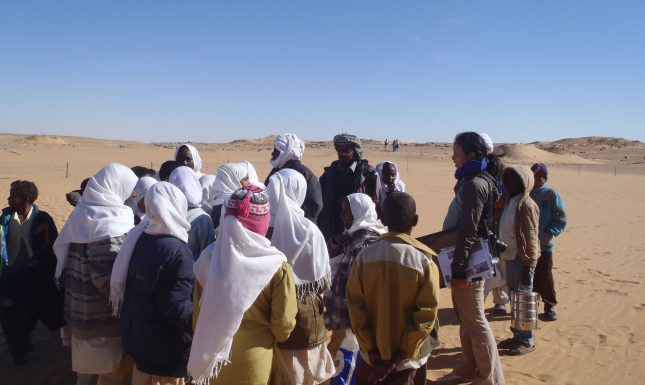

Archaeology in Africa was, and often still is, a western and colonial practice. It is no different in Sudan. The beginning of archaeology in Sudan can be associated with the invasion of the army of Mohamed Ali, Viceroy of Egypt, in 1821, which created the territorial boundaries of the modern state, Sudan. Some European scholars accompanied the army and recorded ancient monuments of Nubia. Extensive texts and images were published by these scholars and Nubia was “re-discovered” by the Europeans.
Sixty-four years after the Independence of Sudan, the memory of the colonial era has remained in the local communities. Archaeology is one thing that reminds them of it. A local schoolteacher told me how gold – Nubia is famous for gold mines since ancient times – and other resources were taken from the locality during the Anglo-Egyptian colonial period (1898-1955). Today, witnessing archaeologists loading up metal crates on the bus at the end of every season (objects destined for the Sudan National Museum, or samples for European laboratories, with the approval of NCAM*), the people in the communities thought something important was taken away from them, yet again. I heard many times in the interviews with residents near Amara West; “I heard archaeological things are found there but we have not seen them”. It is not just objects that they feel were “taken away”, but the information about the local history - their past and heritage – as well, like one person remarked; “the information is missing” about the site in the communities.
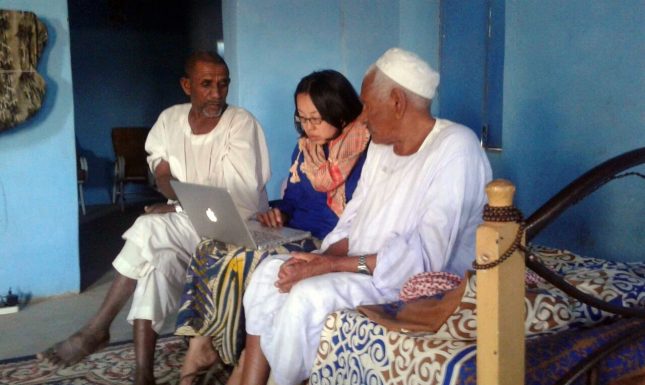

Having a local museum can certainly be a solution to this situation. However, conversations with local people made me realise that we have not communicated with the communities about many things that are self-evident for archaeologists, but (not surprisingly) unclear to the local residents. For instance, there is a need to explain that important objects go to the Sudan National Museum in Khartoum (as dictated by NCAM) and samples need to be studied in laboratories abroad with the necessary equipment – and why and what happens to them. Also, the results of these studies were rarely shared with the communities. At the same time, the communities had not communicated with archaeologists about how they witnessed and felt about what archaeologists do – feelings that their heritage is “taken”and its information is “missing” from the communities.
This lack of interaction is not irrelevant to the fact that archaeology is a colonial practice. The power structures allow the disenfranchisement of local people in archaeological practice and limited access to the objects and the knowledge produced by archaeologists. What was most striking for me was that we – archaeologists – have not questioned this situation for a long time. It has become “normal”. This normalisation also seems exits among the communities as well. “This is how it is done” and their assumption, “archaeologists are foreigners who do not understand about the communities.”
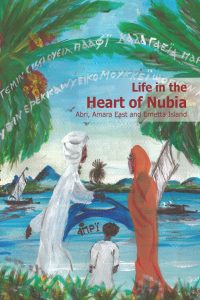

“Decolonising” research sounds like a grand task – and it is. But, an effort toward it can start from a simple conversation – sitting with people living around archaeological sites, having tea together, and talking about archaeology, heritage, and history. Like Sudanese have wanasa – a small spontaneous gathering with friends and neighbours to discuss community issues, family or personal concerns in between gossips and jokes, we need to start a conversation about archaeology!
Over the years, these interactions prompted me to ask questions about what seemed to be “normal” to me, an archaeologist working in this part of the world. At the same time, the communities became more proactive to convey their messages that they wanted to tell archaeologists. It helped me to understand their opinions, ideas, wishes and concerns relating to archaeology, while I had opportunities to self-reflect about archaeological practices. It eventually led to working together with them and bringing archaeology into the discussion of local heritage**.
The power structures have dictated the relationship between archaeologists and local people for over two centuries in Sudan. The structural inequality can be addressed through dialogues and collaboration that leads transformation of the relationship. In Sudan, archaeology-community relationships are changing, toward building closer, more positive human relationships, at different places and especially across the last 5 years. To support the current effort to transform archaeology in Sudan, it is important for archaeologists to stay aware that archaeology in Sudan and Africa at large has been a western-dominated practice, introduced during colonialism. Questioning what seemed normal and what were considered usual practices is a good starting point to contribute to the change.
Footnotes
*NCAM (National Corporation for Antiquities and Museums) is a Sudanese governmental agency responsible of archaeological sites, monuments, objects and national museums.
**Two archaeology and heritage resources were produced out of the collaboration with people living around Amara West. One is Nubian Podcast; the other is a local heritage book for children, Life in the Heart of Nubia (English and Arabic ).


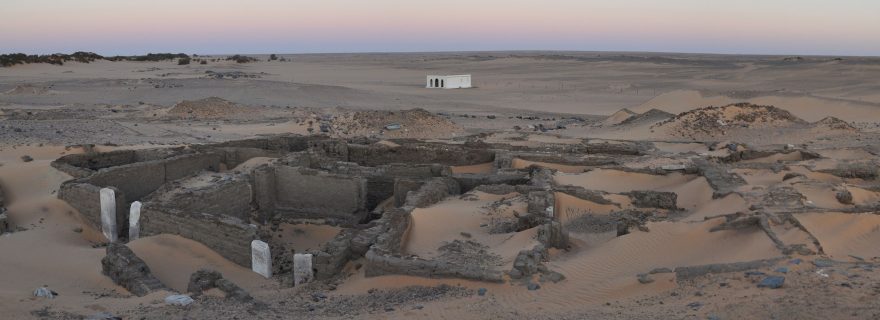
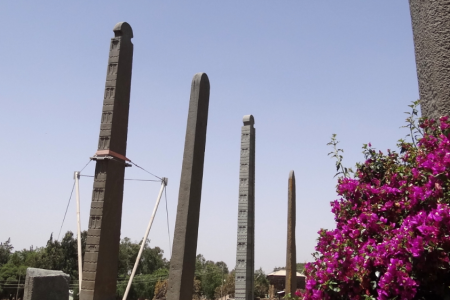
0 Comments